They look healthy but can become the cause of diseases in monsoon, know which vegetables keep distance from

Last updated:
The monsoon season definitely brings relief and cold winds with it, but this time also brings many challenges in terms of health. During the rains, due to moisture and dirt, bacteria and fungus start to flourish quickly, which increases the risk of stomach related diseases. In such a situation, it is important that we avoid some special vegetables in this season and be cautious about the diet. On this, Dr. Swati Chauhan has given special advice.
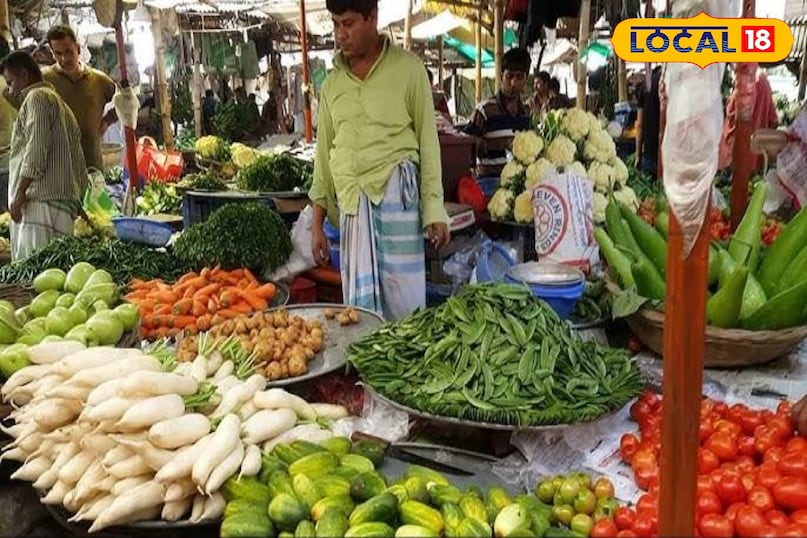
The monsoon season brings freshness and peace with it, but at the same time it can also cause many diseases. In this season, we have to take special care of our food and drink, because wrong eating can increase health problems. In such a situation, there are many such vegetables during the monsoon which doctors refuse to eat. Let us tell you what Dr. Swati Chauhan told you.
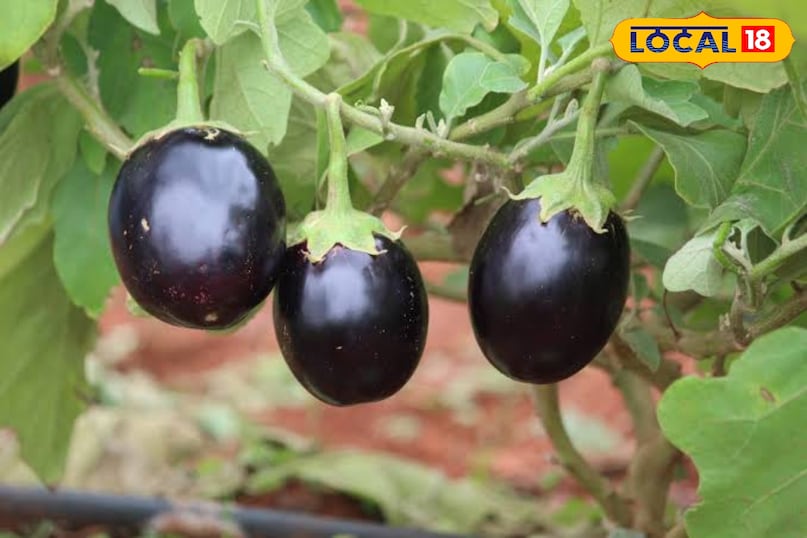
Brinjal may be a vegetable rich in nutrients, but its intake in the rainy season can have an opposite effect on health. In this season, brinjal is more likely to grow moisture and bacteria, which can give rise to problems like stomach pain, vomiting and diarrhea. Also, its effect is cold, which can spoil the balance of the body in a pre -cold and moist climate of the monsoon. In such a situation, it would be better to keep a short distance from brinjal in the monsoon.
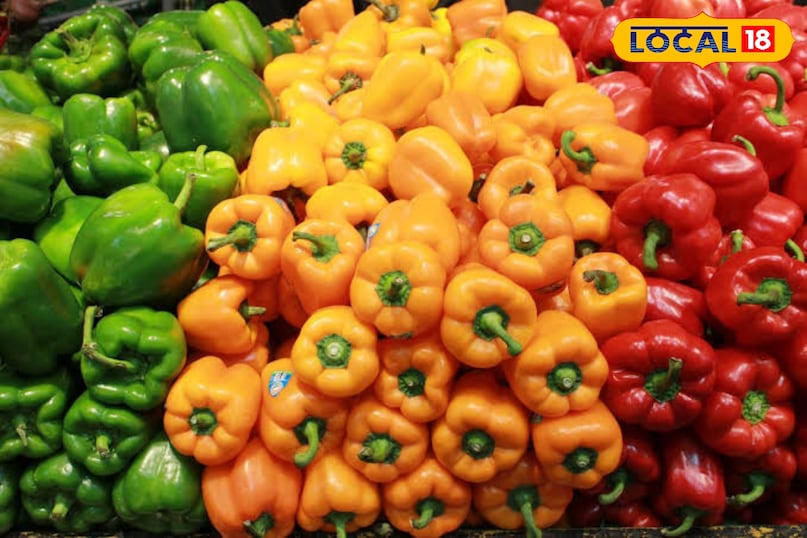
Capsicum may be rich in vitamin C and other nutrients, but its consumption in the monsoon season can prove to be harmful for health. During the rain, bacteria and germs thrive on it rapidly, which increases the risk of food infection. Also, the pesticides on capsicums on capsicum are not completely clean during the rainy season, which can cause stomach problems and other health issues. In such a situation, it is better to avoid consuming it during the monsoon.
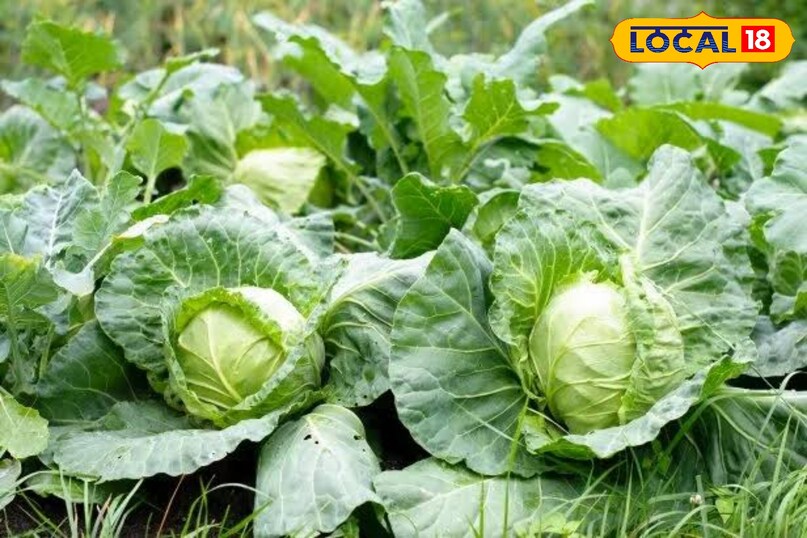
Cauliflower and cabbage are vegetables that can easily be infected with bacteria and insects during the monsoon. In their flaky texture, small insects and dirt are easily hidden, which does not completely remove from normal washing. Also, it takes time for these vegetables to cook, and if not cooked properly, these stomach pain, food poisoning and infection can cause problems. In such a situation, special care should be taken while consuming them during the rainy season.
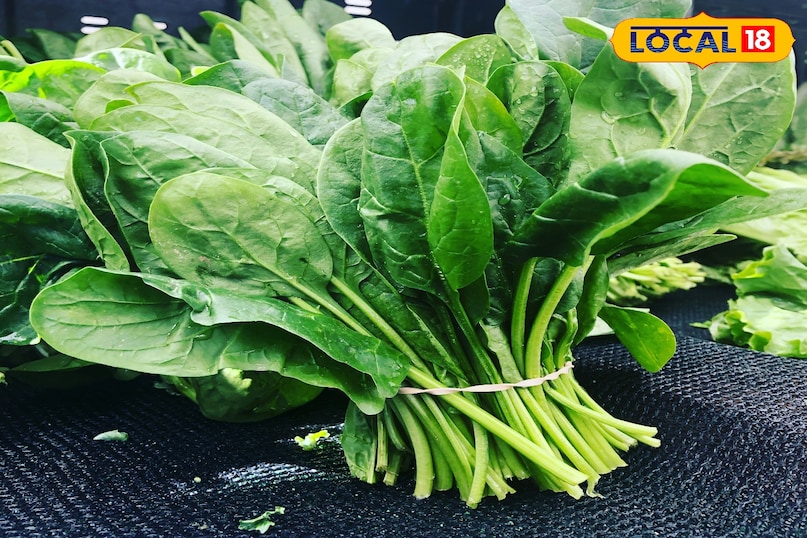
Leafy vegetables like spinach, mustard and coriander are rich in nutrition, but their consumption can be risky during the rainy season. Soil, germs and bacteria are easily affixed on the surface of these vegetables, which are difficult to wash. Doctor Swati Chauhan says that due to monsoon moisture, fungi and harmful bacteria grow rapidly, which can cause problems like stomach infection, gas and diarrhea. In such a situation, it is prudent to abstain from consuming leafy vegetables in this season.
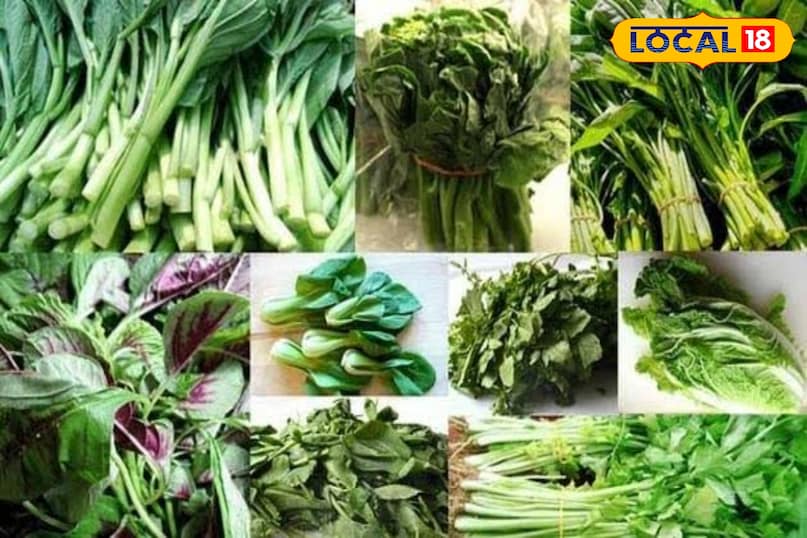
According to Dr. Swati Chauhan, the caution of eating is very important to stay healthy during the monsoon. In this season, vegetables like brinjal, capsicum, leafy vegetables, cauliflower and cabbage should be avoided, because they are more likely to grow bacteria and fungus. Instead, include fresh fruits, seasonal vegetables and dry pulses in your diet, which are not only better for digestion, but also increase immunity. Do enjoy the rainy season, but do not ignore health.






